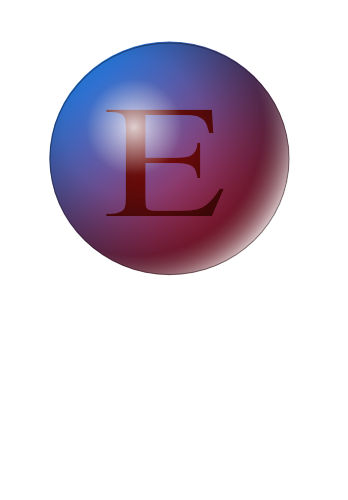

N2 - Carbon offsets are produced and sold under the international climate change regime (the United Nations Kyoto Protocol) and also within an expanding voluntary offset market in which companies and individuals can voluntarily opt to compensate for their greenhouse gas emissions. The UK government's attempt to regulate the voluntary offset market provides a useful case through which to explore some of the inherent tensions in effectively governing the carbon offset market.

National governments have also taken regulatory action on voluntary offsets, notably the UK government who took the controversial decision in early 2009 to endorse only compliance carbon offsets for use in the UK voluntary market. Several voluntary offset standards were launched in 2007-2009, including the Voluntary Carbon Standard and the Gold Standard.

It assesses recent changes in the governance of the voluntary carbon offset market in response to concerns about the credibility and robustness of voluntary carbon offsets. This Focus Article gives an overview of the governance of the compliance and voluntary carbon offset markets, and considers the implications of their different governance structures for addressing climate change. The volume of carbon produced and consumed within compliance and voluntary markets has grown dramatically in the last 5 years, raising a number of governance challenges. WIREs Clim Change 2010 1 353-362Ībstract = "Carbon offsets are produced and sold under the international climate change regime (the United Nations Kyoto Protocol) and also within an expanding voluntary offset market in which companies and individuals can voluntarily opt to compensate for their greenhouse gas emissions.

Carbon offsets are produced and sold under the international climate change regime (the United Nations Kyoto Protocol) and also within an expanding voluntary offset market in which companies and individuals can voluntarily opt to compensate for their greenhouse gas emissions.


 0 kommentar(er)
0 kommentar(er)
